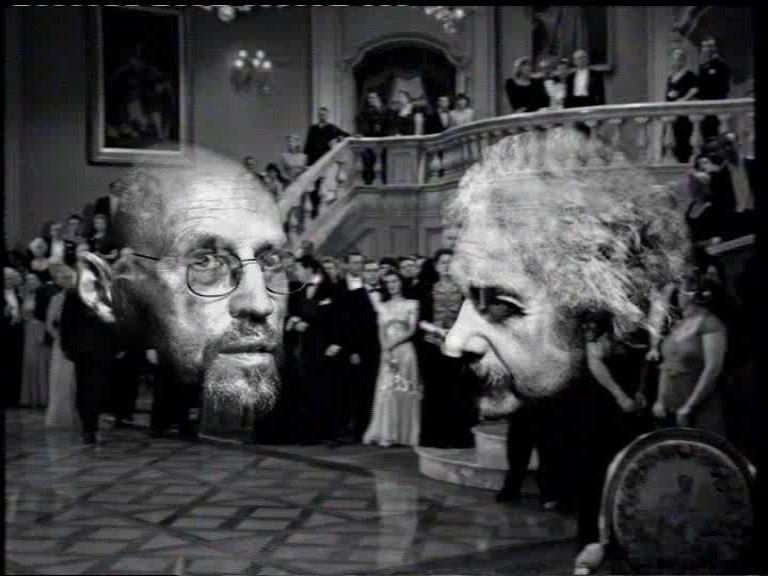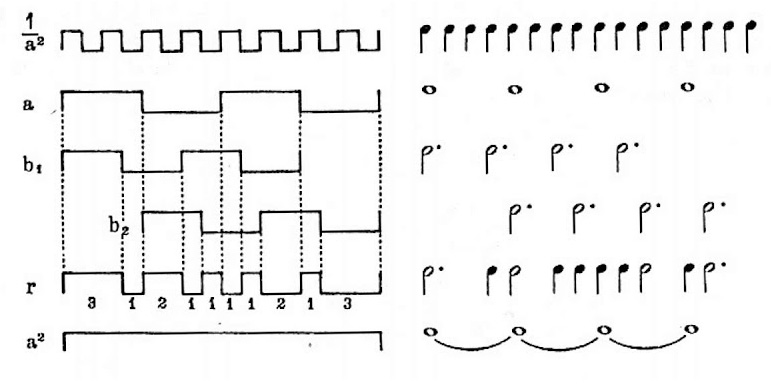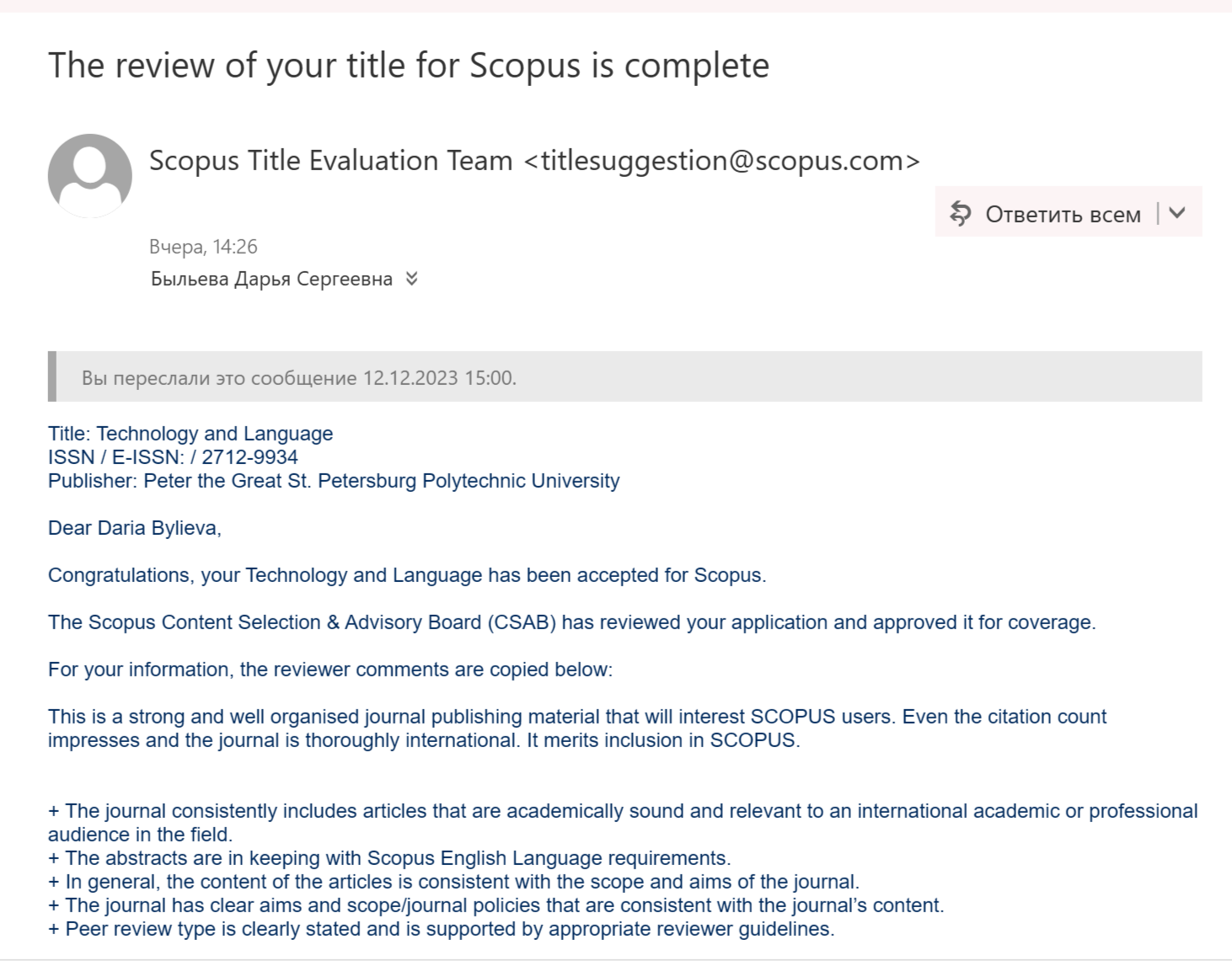
#mediaopera. Recomposing Agency (deadline: Dec 15, 2024),
guest editor: Cheryce von Xylander.
The word „opus“ refers to a technically or artfully produced work. The plural form „opera“ refers to an art-form that draws together many artists and technicians - musicians, singers, dancers, architects and builders of the space, costume and light designers, and then writer(s) and composer(s), conductor(s) and stage-director(s) who bring all this together. Opera presents a multi-media production of an artfully created world that affords a cultural experience, surpassed in scale of production only by another operatic art-form - the cinema. Both, classical opera and the cinema rely on the emergence of the city with its sensory modalities and urban concentration of technical competence. Akin to the medieval and renaissance Cathedral, modern opera and cinema enable assembly — and the „Gesamtkunstwerk“ finally constellated is arguably never completed. Such artworks engender affiliation across disparate nodes of engagement. Not only the cinema has been transformed by video which is now routinely incorporated in opera stagings and, most recently, spawned a whole new genre of „mediaoperas“ - such as „Einstein and Margarita,“ „Theremin’s Last Secret,“ or „Pink Mouse“ by Iraida Yusupova. Is this simply a continuation of the tradition of the complete art work by other means? Or is something genuinely new in play? — While there will be a special focus on Yusupova’s mediaoperas, we invite contributions from history, art theory, media studies, data science, sociology, philosophy, and related fields to consider more generally the configuration of aesthesis in social space: How are technical media and sensory modalities organised in spectacular art-forms which herald the historical changes they exemplify? Looking at the principles of composition or pattern recognition brings to light the role of context, narrative, ritual, notations, codes, scripts, and data. And treating operas as „works“ of collective production shows cathedrals, opera-houses, Hollywood movies, and video productions to be aggregation machines that exhibit different forms of agency.




